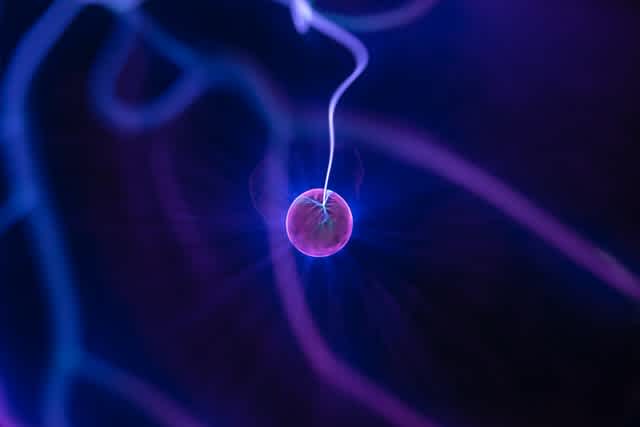This is a profound book about the cost of world peace and stability. It talks about a world where there is no love, ambition or passion. There is also no sickness, war, or sadness.
Humans are divided into classes in society. Their class determines how they live. They are neither happy nor sad, just content. The central theme of the book is a sacrifice of bliss for contentment. By taking away bliss... sorrow, jealousy, and sadness are avoided.
Modern technology makes it possible to mass produce humans, so families and deep relationships are not needed. Everyone belongs to everyone else. Modern psychology and psychiatry also makes conditioning and brainwashing easy. People easily know what they are to do and what their place in society is.
This is a book for people curious about world peace, and how it can be created by advances in technology. It could also be an interesting book for anyone interested in biotechnology and psychology.
Notes
Fulfillment brings happiness.
Intentions do not matter as much as the results that your actions produce.
Psychology engineering will be a popular job in the future. The same way data scientists and software engineers are popular today.
Death is part of life itself. It is the conclusion to the process of living.
There is an opportunity cost for everything. Including happiness.
Contentment is neither better nor worse than passion and happiness. You can choose either.
Most of what people know as society is/was created by a select few.
There are few things in life that are actually in your control. Most of the “choices” you have are dependent on what was given to you (e.g. where and to whom you were born, or the media you consume). Choice, to an extent, may just be an illusion.
Questions
Some questions I asked myself while reading this:
- Is a world without the responsibility of parenting possible? How would this affect people’s choices?
- What would the world look like without ambition? Progress does not always mean better.
- Classes are predetermined. People are programmed. Is this how the world is currently?
- Will a soma like drug be invented?
- Will a new way to learn be invented soon? Similar to hypnopedia or using BCI.
Interesting Quotes
“That is the secret of happiness and virtue — liking what you’ve got to do”
“Ending is better than mending”
“Those who meant well behaved in the same way as those who meant badly”
“No offense is so heinous as unorthodoxy of behavior. Murder kills only the individual — and, after all, what is an individual?”
“What fun would it be... if one didn’t have to think about happiness”
“One of the primary functions of a friend is to suffer the punishments that we should like, but are unable, to inflict upon our enemies”
“Being contented has none of the glamour of a good fight against misfortune, none of the picturesqueness of a struggle with temptation, or a fatal overthrow by passion or doubt. Happiness is never grand”
“The optimum population is modeled on the iceberg — eight-ninths below the water, one-night above”
“Every change is a menace to stability”
“One can’t have something for nothing. Happiness has got to be paid for”
“As if one believed anything by instinct! One believes things because one has been conditioned to believe them”
Conclusion
I enjoyed the ideas discussed in the book, but frankly didn’t enjoy the writing style as much as I thought I would. I think it is an interesting book for anyone to read, and I recommend it if you can endure some boring narration at different parts.
I loved the way the book ended. It made me think about everything else that happened throughout the book and how it led up to the final chapter.
I also really liked the foreword of the book, written by Aldous Huxley.
I like listening to music while reading books, so I created a playlist of songs I listened to while reading this book here.
